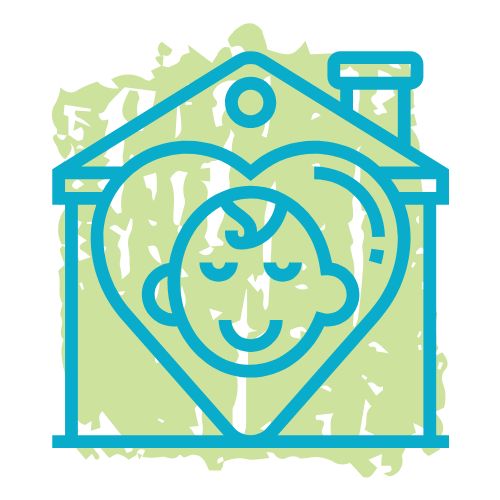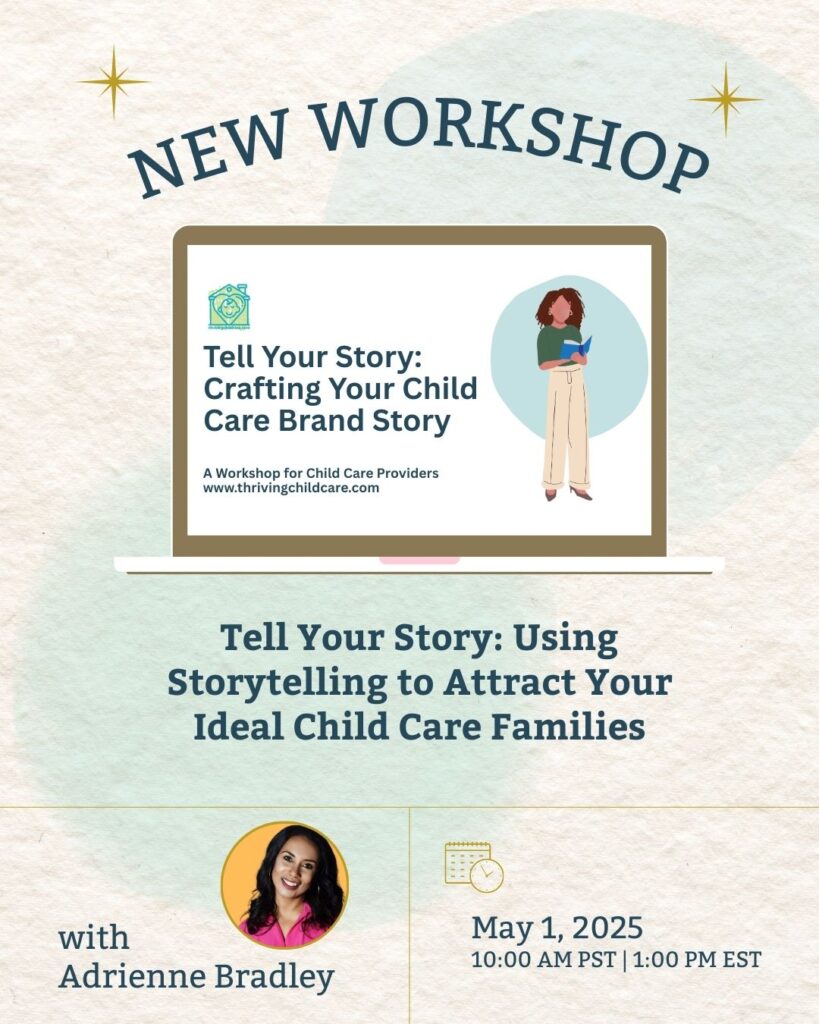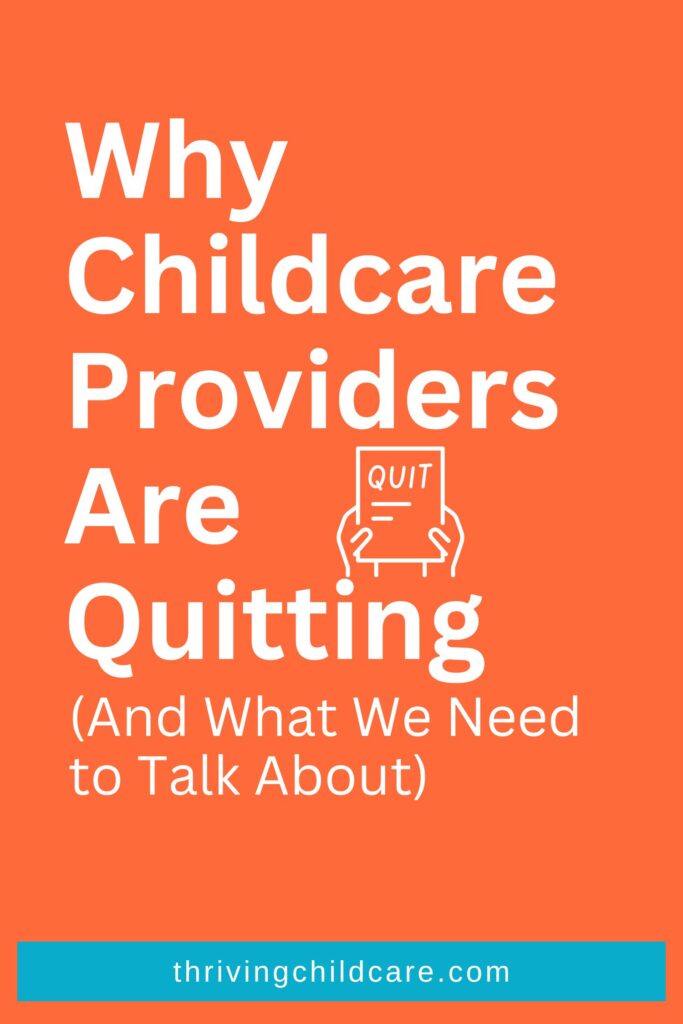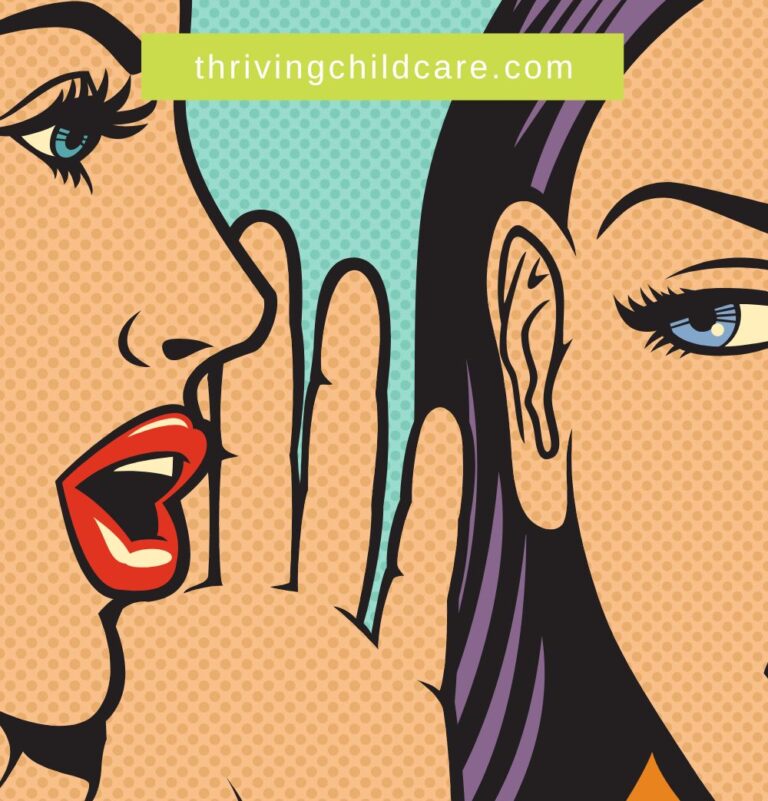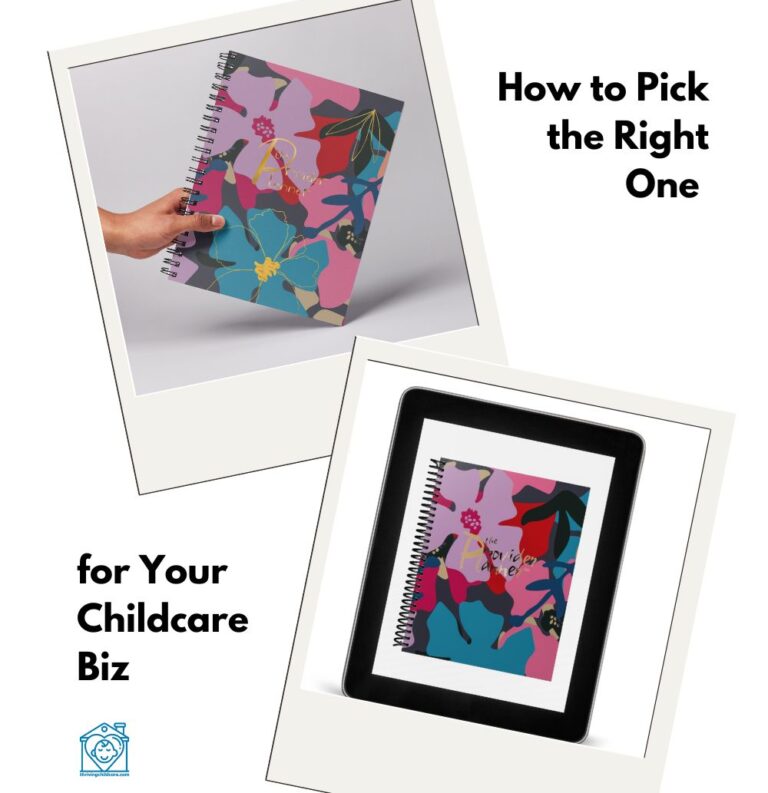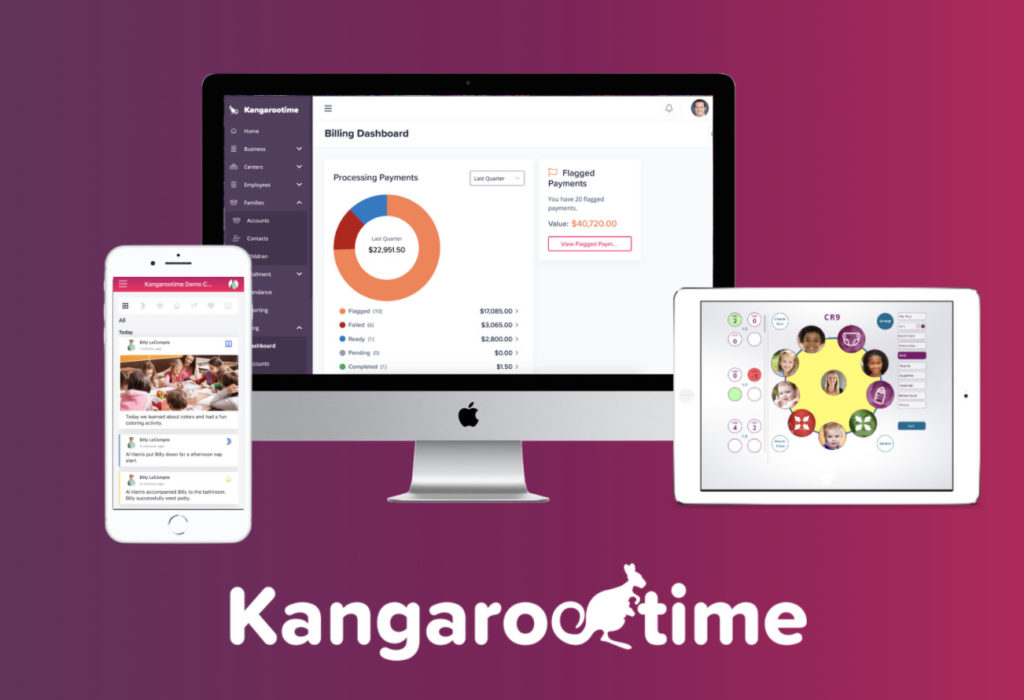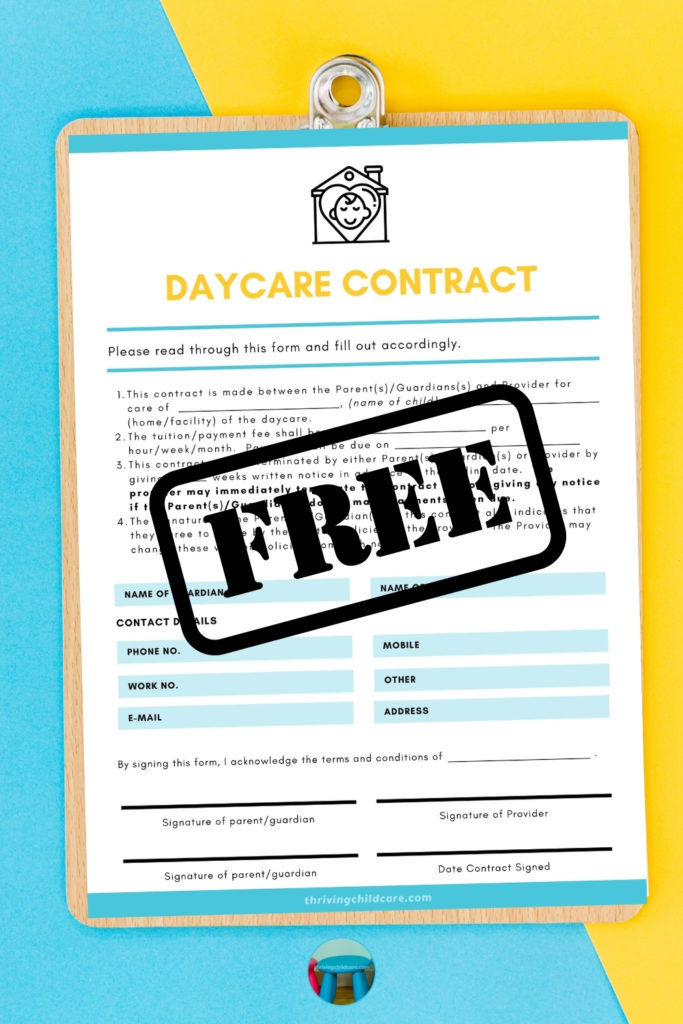Today, I want to talk about why so many providers — maybe some of you reading this — are choosing to leave the field now. And spoiler alert: it’s not just about “burnout” or “wanting a new career.” It’s deeper. It’s complicated. And honestly, it’s been a long time coming.
Let’s dive in.
I still remember the Summer of 2020 like it was yesterday.
After more than 20 years of running my own childcare business — a business that started from a casual suggestion by a friend and grew into a full-blown success story in my community — I decided it was time to sunset it.
As I shared in “The Purpose Driven Provider: Heroines in Early Childhood Education” by Kriston Cathey, it wasn’t an easy decision. I was incredibly proud of what I had built — the relationships, the reputation, the countless little lives that had passed through my doors. I’d done the thing. And yet, when I officially closed the doors, I mourned my business.
(But that’s a story for another day.)
It’s Not Just About Money: The Real Reasons Providers Are Walking Away
Sure, money plays a role (hello, skyrocketing costs!). But when you really listen to providers — not just the Instagram posts, but real conversations — three BIG themes keep coming up.
1. Behavioral Issues: The Elephant in the Playroom
Let’s just say it out loud:
Children’s behavior has changed.
Providers have always dealt with tantrums, meltdowns, and the occasional “spirited” child. That’s part of the job.
But what we’re seeing now feels… different.
More extreme.
Less respect.
And the hardest part? A real lack of consequences or follow-through from families.
Somewhere along the way, accountability for behavior became a dirty word. If a provider tries to address it, she’s labeled as “too harsh” or “not understanding the child’s needs.”
Meanwhile, the disruptions pile up, and the stress level inside childcare spaces skyrockets.
When you spend more time managing dangerous behavior than you do teaching, nurturing, and caring, something has to give.
And often, what gives… is the provider.

What You Need to Know About Why Childcare Providers Are Quitting
Related Reading:
2. UPK: The State-Sponsored Tsunami
Then there’s UPK — Universal Pre-Kindergarten.
At first glance, UPK sounds like a dream. Free preschool for all? Amazing, right?
Well, not exactly if you’re a home-based provider or small childcare center.
Many providers have seen their older preschoolers — the bread and butter of enrollment — whisked away to public school programs. Often these programs are free, fully funded, and come with the magical word parents love to hear: “guaranteed.”
Providers, on the other hand, are left scrambling to fill spots, dealing with enrollment drop-offs, and wondering how to compete with free.
UPK has shifted the landscape, but no one really prepared the private childcare sector for the earthquake it would cause. Providers have been left standing in the rubble.
Ready to get support? Join the Rise & Thrive Club for instant access to provider resources, early releases, and community.
3. Respect: The Silent Killer
There’s one more reason that doesn’t get talked about enough:
The slow, painful erosion of respect for the childcare profession.
Somewhere along the way, “childcare provider” became synonymous with “babysitter” in the minds of too many people.
Not an educator.
Not a business owner.
Not an essential worker shaping the next generation.
Just a babysitter.
And when society — parents, politicians, even sometimes peers — treats your life’s work like an afterthought, it wears you down. No matter how strong you are.
You start to ask yourself, “Why am I sacrificing so much when it feels like nobody even sees me?”
Related Reading:
- How to Save Your Childcare Business In The Face Of Universal Pre-K
- How Great Story Telling Can Help You Stand Out
- Creating A Daycare Owner’s Exit Strategy with a Happy Heart

Why This Matters (And Why We Can’t Ignore It)
If we don’t start having real conversations about what’s happening, we’re going to see even more providers leave.
And the thing about childcare providers is: once they’re gone, they’re gone.
It’s not easy to restart a childcare business. It’s not like hopping back into a retail job or teaching a yoga class. There’s licensing, inspections, startup costs, and years of building trust with families.
We can’t afford to lose the heart and soul of early childhood education because we were too afraid to talk about what’s broken.
What We Can Do Moving Forward
Here’s the thing: providers are tough.
We’re resourceful.
We’re gritty.
We are a tribe of people who can survive lice outbreaks, snow days, and 3-year-olds armed with glitter.
But resilience doesn’t mean silence.
It’s time to:
1. Talk Honestly About Behavior Challenges
Stop pretending every child is a delicate flower that can’t handle clear boundaries.
Children need structure and accountability to thrive.
Action Steps:
- Set clear behavior expectations from Day 1 with every family.
- Add a “Behavior Policy” page to your Parent Handbook — and stick to it.
- Host a “Parent Partnership Night” where you discuss how families and providers can work together to support positive behavior.
- Practice scripting respectful but firm conversations when behavior issues arise.
2. Advocate for Fair Policies
Support legislation and programs that truly help all childcare providers, not just public schools or large centers.
Action Steps:
- Join a local or national childcare association (they’ll alert you to important legislation).
- Write or call your representatives — your voice as a provider matters more than you think.
- Share educational posts on social media to raise awareness among parents and your community.
- Vote with your values when it comes to candidates and policies that impact early childhood education.
[FREE DOWNLOAD] Here Are The 10 Must-Have Daycare Templates
3. Demand Respect
Remind the world — and ourselves — that what we do matters.
Early childhood education is not babysitting.
It’s brain-building, future-shaping work.
Action Steps:
- Update your business branding (website, social media bios) to reflect the professional work you do.
- Correct people — kindly but firmly — when they refer to you as a “babysitter.”
- Join the Rise & Thrive Club with other providers to build each other up.
- Celebrate your wins! Post about milestones, learning breakthroughs, and the impact you’re making.
🌟 The takeaway?
We don’t have to quietly accept the challenges we’re facing.
We can lead the conversation, shape the future, and elevate the profession — starting right now.
I’d love to hear from you:
Have you thought about leaving childcare — or made the decision to close your doors?
What do you think is the biggest challenge providers are facing today?
Final Thoughts: Keep Thriving
If you’re reading this and feeling a little bruised, a little battle-weary — I see you.
But I also believe in you.
Understanding these challenges doesn’t mean we throw in the towel. It means we get smarter. We get louder.
And we build childcare businesses that are sustainable, respected, and thriving.
Providers are the original superheroes.
And no matter what comes our way — behavior battles, UPK shakeups, respect deficits — we find a way to rise.
Because that’s what providers do.

